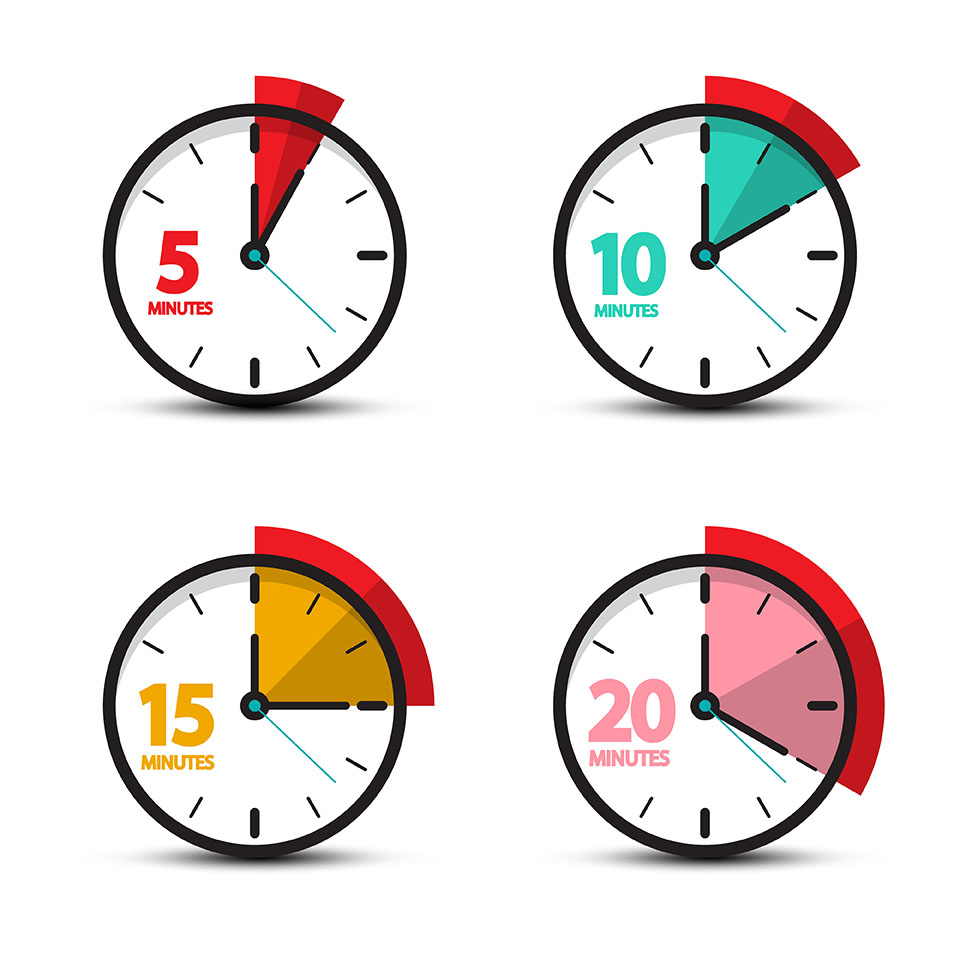

A minute is a unit of time equal to 60 seconds, or 1/60 of an hour. It is the smallest unit of time in the SI system of measurement.
A minute is a convenient unit of time for measuring short periods of time, such as the duration of a song or a class period. It is also used in astronomy to measure the time it takes for a planet or star to rotate on its axis.
The minute is divided into 60 seconds, and the hour is divided into 60 minutes. This makes it easy to convert between minutes and other units of time, such as hours, days, and years.
The doctor said that the tumour was very minute.

Noun: A unit of time equal to 60 seconds or 1/60 of an hour.
Adjective: Very small or insignificant.
Verb: To write down or record in detail.
The word “minute” has two etymologies, one for its meaning as a unit of time and another for its meaning as something very small.
The word “minute” as a unit of time comes from the Latin word “minuta,” which means “small.” This is because the ancient Romans divided the hour into 60 minutes, which they considered to be a very small unit of time.
The word “minute” as something very small comes from the Latin word “minuere,” which means “to lessen or diminish.” This is because something that is minute is very small and insignificant.
The word “minute” was first used in English in the 14th century. It originally had both meanings, but the meaning as a unit of time became more common in the 17th century.
What is a minute?
Question:
Explain the term "minute" in the context of time measurement and its significance in both everyday life and scientific endeavours. Provide examples of situations where precise time measurement is crucial.
Answer:
In the realm of time measurement, the term "minute" refers to a unit of time equal to 60 seconds or one-sixtieth of an hour. It holds immense significance in various aspects of our daily lives and scientific pursuits.
In everyday life, minutes play a crucial role in managing schedules, appointments, and activities. They enable us to allocate time effectively and maintain punctuality. For instance, the concept of minutes is essential in public transportation schedules, ensuring that buses, trains, and flights run on time.
Scientifically, precise time measurement in minutes is essential for various fields. In astronomy, precise time intervals between celestial events help astronomers study the cosmos' movements, such as the rotation of planets and the orbits of stars. In physics, experiments involving rapid reactions, particle interactions, and quantum phenomena often require measurements in fractions of a minute.
Additionally, fields like medicine heavily rely on precise time measurement. Timed drug doses, surgical procedures, and patient monitoring all demand accurate timing to ensure successful outcomes.